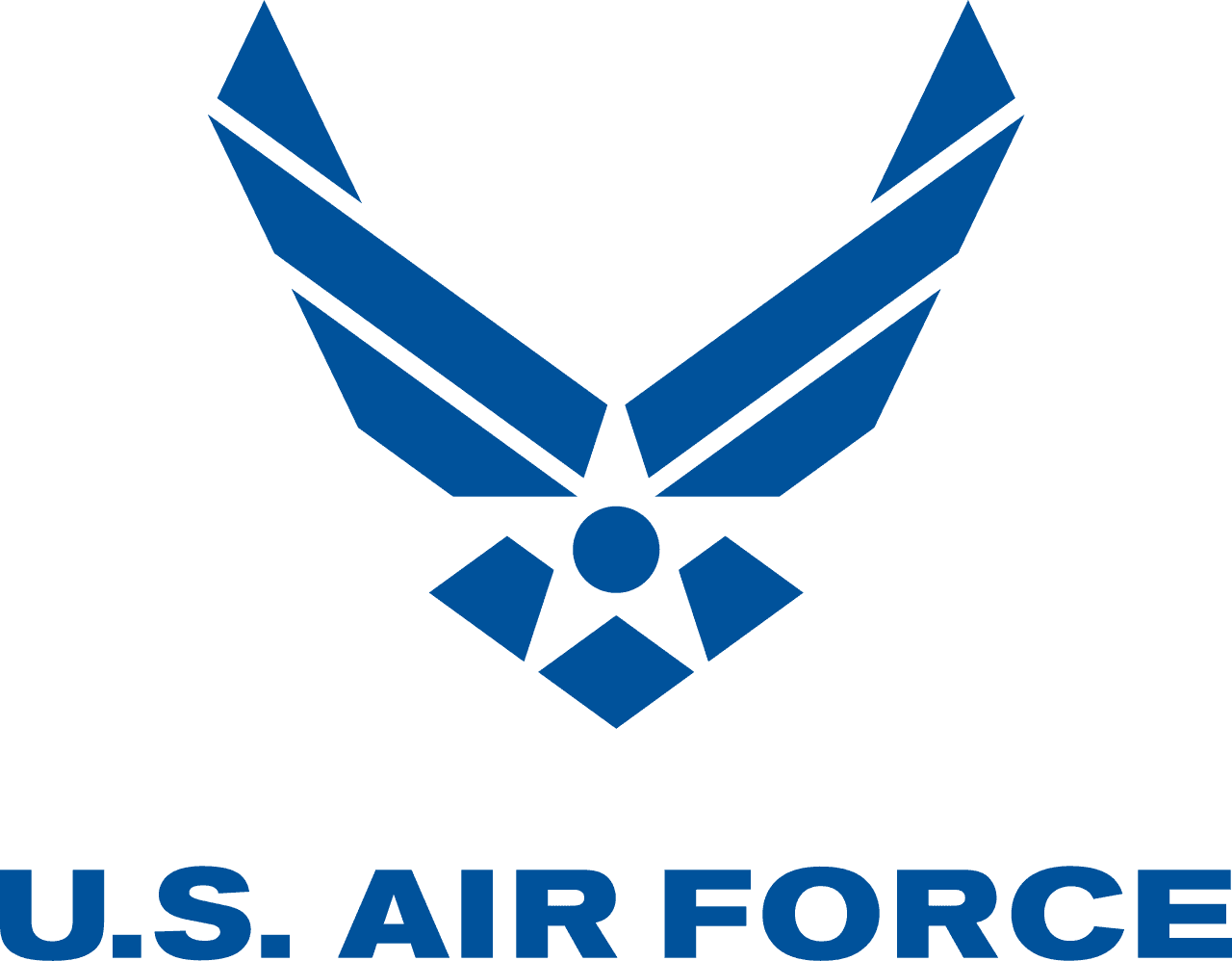Military Geneticists
Overview
What are the responsibilities of this role?
Geneticists are specialists who evaluate, diagnose, and treat genetic diseases. They accomplish this by interviewing patients and reviewing case and family histories. Geneticists in the Military provide counseling to patients with genetic diseases on the risks of recurrence. They also provide prenatal testing and advice regarding genetic conditions.
What is the work environment like?
Geneticists work in hospitals and clinics on land and aboard ships.
How many people have this role in the Military?
2,033
Compensation
Understanding How Military Pay is More Than Just a Salary
Base pay is the standard income you’ll earn as a service member, providing a stable foundation to start achieving your financial goals.
- Always fixed based on rank and service time.
- Distributed monthly.
What is the typical salary range?
$105,595
$134,020
$167,415
Military Details
Is this a staff or leadership role?
What does the training for this role entail?
Job training for geneticists primarily consists of on-the-job learning in various training environments. Scholarships for advanced medical training are available in return for an obligated period of military service. Qualifying students benefit through unique training experiences and get to attend certain military short courses designed to develop tactical, technical and operational skills unique to the military environment. Like other officers working in healthcare, they complete a comprehensive training program covering responsibilities, orientation to military structure, healthcare and etiquette, traditions, and leadership development. Job-specific training may include:
- Team Strategies and Tools to Enhance Performance and Patient Safety/TeamSTEPPS® Essentials and Fundamentals
- Mishap Investigation and Prevention
- Operational Aeromedical Problems
- Senior Leadership
- Joint Operations Medical Management
Education
What level of education do professionals in this role have?
Which college majors best prepare you for this role?
- Biology/Biological Sciences, General
- Anatomy
- Immunology
- Genetics, General
- Biostatistics
- Biotechnology
- Neuroscience
- Marine Biology and Biological Oceanography
- Medical Microbiology and Bacteriology
- Nutrition Sciences
- Biochemistry, Biophysics and Molecular Biology, Other
- Cell Biology and Anatomy
- Biological and Biomedical Sciences, Other
- Conservation Biology
- Marine Sciences
- Environmental Biology
- Molecular Biology
- Botany/Plant Biology
- Cell/Cellular and Molecular Biology
- Biometry/Biometrics
- Evolutionary Biology
- Plant Pathology/Phytopathology
- Cell/Cellular Biology and Histology
- Entomology
- Pharmacology
- Ecology and Evolutionary Biology
- Biochemistry and Molecular Biology
- Human Biology
- Behavioral Neuroscience
- Neurobiology and Neurosciences, Other
- Toxicology
- Pathology/Experimental Pathology
- Ecology
- Population Biology
- Neurobiology and Anatomy
- Microbiology and Immunology
- Biomathematics, Bioinformatics, and Computational Biology, Other
- Ecology, Evolution, Systematics and Population Biology, Other
- Neurobiology and Behavior
- Molecular Genetics
- Animal Physiology
- Cell/Cellular Biology and Anatomical Sciences, Other
- Aquatic Biology/Limnology
- Computational Biology
- Epidemiology and Biostatistics
- Genome Sciences/Genomics
- Infectious Disease and Global Health
- Radiation Biology/Radiobiology
- Plant Molecular Biology
- Developmental Biology and Embryology
- Botany/Plant Biology, Other
- Structural Biology
- Plant Physiology
- Parasitology
- Animal Genetics
- Virology
- Systematic Biology/Biological Systematics
- Plant Genetics
- Genetics, Other
- Mathematical Biology
Learn About How Military Can Pay for 100% of your College Degree
Skills and Interests
What knowledge is essential to bring to the table?
- Biology
- Education and Training
- English Language
- Mathematics
- Chemistry
What personality traits help people thrive in this role?
You love figuring out how things work and researching subjects that interest you.
You like structure, staying organized, and working with systems to get things done efficiently.
You love hands-on work and solving practical problems — like fixing things and building stuff.
RIASEC represents six broad interest areas—Realistic, Investigative, Artistic, Social, Enterprising and Conventional—helping individuals identify careers that match their skills and preferences.
Take the RIASEC TestData supplied by Bureau of Labor Statistics, National Center of Education Statistics, Defense Manpower Data Center (View our update schedule). Contact any business, college or military service branch to answer additional questions.
